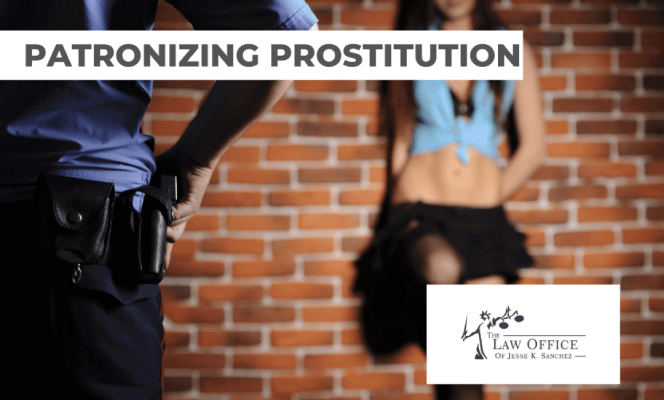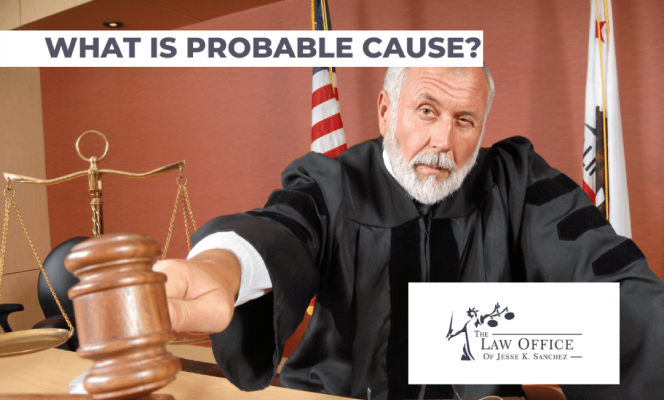If you have had an interaction with law enforcement, they probably made a statement about probable cause as being what granted the authority for them to make an arrest, search your vehicle or person or in making a traffic stop where a citation was issued. If you have had an interaction like this with law enforcement, give Indianapolis criminal defense lawyer, Jesse K. Sanchez a call at (317) 721-9858 NOW.
Probable Cause. It’s About the Fourth Amendment.
The Fourth Amendment guarantees the right to be free from unreasonable searches and seizures by the government.Also, before a search warrant can be issued the government must demonstrate probable cause to believe that a crime was committed and that the proposed search area contains the fruits of illegal activity. A probable cause determination gives law enforcement flexibility in enforcing the law and, ideally, protects people from “rash and unreasonable interference with privacy and unfounded charges of crime.”

Suspicion is Not Enough to Establish Probable Cause
“Suspicion” on the part of the police is not enough to qualify as probable cause. The facts must demonstrate that a reasonable person would believe that the location, which is the subject of the warrant contains evidence of a crime, the instrumentalities of a crime, things like drug contraband, paraphernalia, or even stolen property. However, law enforcement officials can establish probable cause through live, sworn testimony or by a detailed affidavit describing why an arrest or search warrant is necessary. However, many, if not most search warrants are based on information provided by confidential informants. There is one study that found that somewhere between 80 to 92 percent of search warrant and subsequent arrest warrant applications are based on anonymous tips or from a confidential informant.
Establishing Probable Cause Favors the Police
Unfortunately, from a criminal defense perspective, establishing circumstantial probable cause is favored toward the police department. Basically, police have a great deal of leeway to demonstrate probable cause because they have many ways to show that the circumstances demonstrate probable cause. However, police cannot just use an anonymous tip alone to establish probable cause, because it’s been found that an anonymous tip alone is not enough to show that the informant’s basis of knowledge is an appropriate or even a sufficient level of verification. Because of this fact, the police MUST take the time to corroborate the anonymous tip for it to sufficiently prove probable cause.
Probable Cause Affidavit Issues?
Call (317) 721-9858
A Probable Cause Requirement Has Two Purposes
Requiring probable cause for a search warrant or arrest warrant has two purposes. First, a probable cause requirement protects people from unreasonable searches and seizures from law enforcement, and secondarily, the burden of probable cause promotes both police transparency and police accountability. This is because law enforcement officials must explain to the court why they want to search or arrest someone. However, what qualifies as probable cause is not set in stone. This is because what qualifies as probable cause has proven to be a flexible burden of proof throughout our countries history. This is the very reason why if you have ANY interaction with law enforcement, it makes sense to have a criminal defense attorney present at all times.
If You Have Been Presented with a Probable Cause Affidavit
Have you recently had an interaction with the police or sheriff and were presented with “probable cause”? Email us at info@jksanchezlaw.com or call (317) 721-9858 today!




